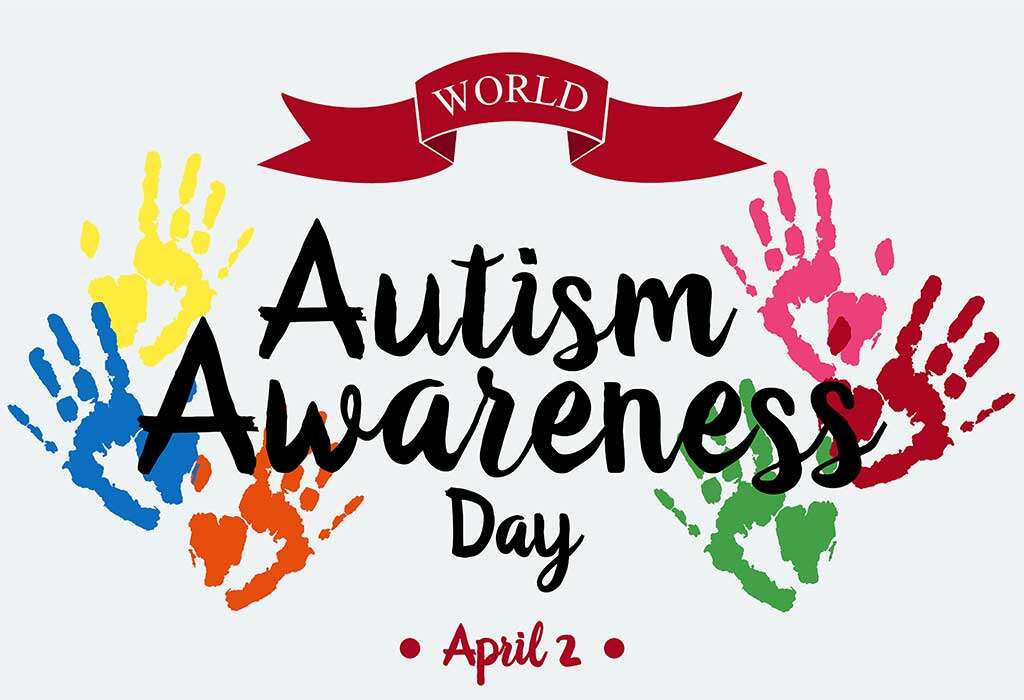Every April, Autism Speaks observes World Autism Month, which kicks off on April 2 with World Autism Awareness Day, which is recognized by the UN.
Autism, also known as autism spectrum disorder, refers to a variety of conditions that affect how the brain develops. Autism affects one in 100 children. The spectrum of conditions known as autism spectrum disorders (ASD) is broad. The phrase “autism spectrum” describes a variety of traits. They can be identified by a degree of communication and social interaction difficulty. Atypical patterns of behavior and activity, such as difficulty switching from one activity to another, an attention to detail, and unusual responses to sensations, are additional traits.
People with autism have a variety of skills and requirements, which can change over time. While some autistic people can live independently, others have severe disabilities and need care and support for the rest of their lives. Autism frequently affects educational and employment opportunities.
Autism Awareness Day is observed in an effort to enhance the lives of people who have the condition and enable them to participate fully in society. Regardless of gender, race, or socioeconomic status, autism is a lifelong neurological condition that first appears in early childhood.
There are many ways that supporters can participate in Autism Awareness Day:
- Offering assistance.
- With your gift, make a significant and long-lasting difference for those who have autism. It’s among the simplest and most effective ways to express your support. Invest today!
- Join and support various initiatives to raise money for the autism community while sharing kind deeds that promote inclusion, understanding, and acceptance.
- Find out how to raise awareness on social media in every possible way.
- On April 2, light up blue in honor of those who have autism and those who care for and support them. On April 2, World Autism Awareness Day, join the thousands of landmarks, structures, residences, and communities around the globe in bringing awareness to the autism community.
National organizations encourage participants to develop Autism Awareness Month activities for schools, businesses, community centers, and more in order to foster a more welcoming environment. Eliminating the stigma associated with autism will help everyone understand how people with autism interact, communicate, and learn.
In recent years, there has been an increase in autism awareness. Children with autism have benefited greatly from this raised awareness. These are a few examples of how raising awareness has benefited kids with ASD:
- increased accessibility for those with autism.
- minimised exclusion and bullying.
- increased assistance in homes, schools, etc.
- a greater awareness of ASD in local communities.
- improved inclusion of people with ASD in society, employment, etc.
Numerous autism awareness activities are available for both adults and students, and they all promote better understanding. Here are some common ways to observe Autism Awareness Month, from educating with giveaways to showing support with buttons and pins:
- Wearing blue
- Organising a fundraiser
- Distributing sensory toys
- Organising a Spirit Week for Autism Awareness
Whether you have autism, love someone who does or are looking to support a diverse, accepting and kind community – let’s stand together and pledge our support to make a world of difference by helping all people with autism reach their full potential.

